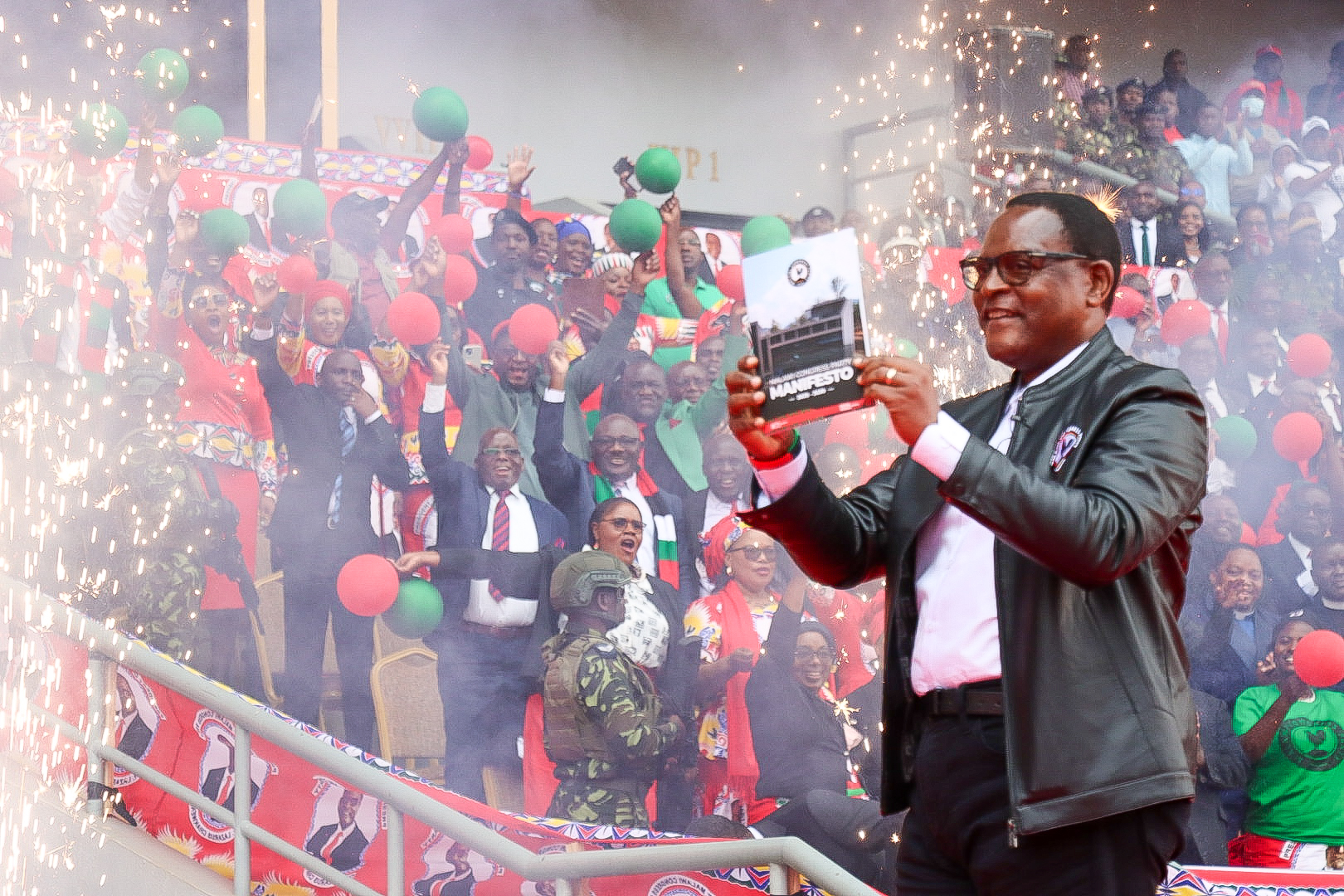Copyright maraviexpress

Leaders who underestimate their people, assume control is permanent, and mistake entitlement for loyalty will ultimately fail * Chakwera and his inner circle need to reflect on this hard lesson if MCP wants to stay relevant * Malawi’s voters sent a clear message: political entitlement has limits, and those who take the electorate for granted risk facing severe consequences Op-Ed by James Kadyampakeni After Malawi’s recent election, one truth stands out clearly; the Malawi Congress Party (MCP) was outmaneuvered, outsmarted, and defeated — not by grassroots opposition, but by its own arrogance and strategic complacency. From the beginning, MCP’s leadership, including senior figures like Richard Chimwendo Banda and Jessie Kabwila, showed a sense of invincibility. Their public statements and internal communications conveyed confidence that bordered on arrogance. The narrative was clear — victory was guaranteed, opposition was unimportant, and Malawians’ votes were nearly taken for granted. But beneath this surface lay a strategy marked by overconfidence, blind spots, and misjudgments about the electorate. One persistent myth after the election is that nearly two million registered voters in the Central Region stayed home out of apathy. This argument about “voter apathy” obscures a deeper truth — the MCP had allegedly preloaded over 1.5 million voter names into the Smartmatic electronic voting machines. The refusal of the Malawi Electoral Commission (MEC) chairperson and her team to permit independent audits raised serious concerns about transparency. This fueled suspicions that the system had been tampered with. But MCP’s arrogance went beyond technological manipulation. President Lazarus Chakwera and his inner circle seemed to believe that Malawians would follow the party’s lead without question; that loyalty alone would translate into votes; and that they could easily brush aside opposition strategies. In doing so, they misread a crucial lesson of Malawian politics: citizens are becoming increasingly discerning, and technology cannot replace genuine engagement and credibility. Meanwhile, the Democratic Progressive Party (DPP) quietly gathered information suggesting irregularities within MEC’s IT operations. Reports indicated that Mr. Botha, MEC’s Director of IT, had limited access to the voting system to only a few people, ignoring qualified staff. Armed with this information and aware of the resistance to an audit, the DPP acted decisively. They filed a court case demanding that the results transmission be handled manually and that an audit of the Smartmatic system be allowed. The presiding judge, recognising the high stakes, chose to delay judgment. This cautious approach denied MCP the chance to come up with an alternative manipulation strategy. When the ruling finally arrived, ordering manual counting and verification of votes, MCP’s preloaded data became useless. At the same time, the DPP had set up a robust monitoring network that combined electronic and manual reporting from polling centers across the country. Real-time results were sent to DPP’s command centres and shared with independent media, ensuring transparency and undermining MCP’s alleged rigging efforts. The election results revealed what MCP had failed to grasp: Malawians were no longer passive participants — they were watching, questioning, and rejecting manipulation dressed up as inevitability. Chakwera’s miscalculation was as much about strategy as perception — his administration had treated the electorate as a captive audience, expecting loyalty where there was increasing skepticism. In political terms, the DPP did not just win an election; they executed a remarkable strategy of intelligence, timing, and accountability. MCP, on the other hand, let arrogance cloud their judgment. They depended on technology and assumptions about voter behavior rather than recognising the changing political mindset of Malawians. This election serves as a stark reminder: arrogance blinds, strategy wins, and citizens will not be taken for granted. MCP’s defeat was not just electoral — it was a moral and strategic awakening. Leaders who underestimate their people, assume control is permanent, and mistake entitlement for loyalty will ultimately fail. Chakwera and his inner circle need to reflect on this hard lesson if MCP wants to stay relevant. Malawi’s voters sent a clear message: political entitlement has limits, and those who take the electorate for granted risk facing severe consequences.



